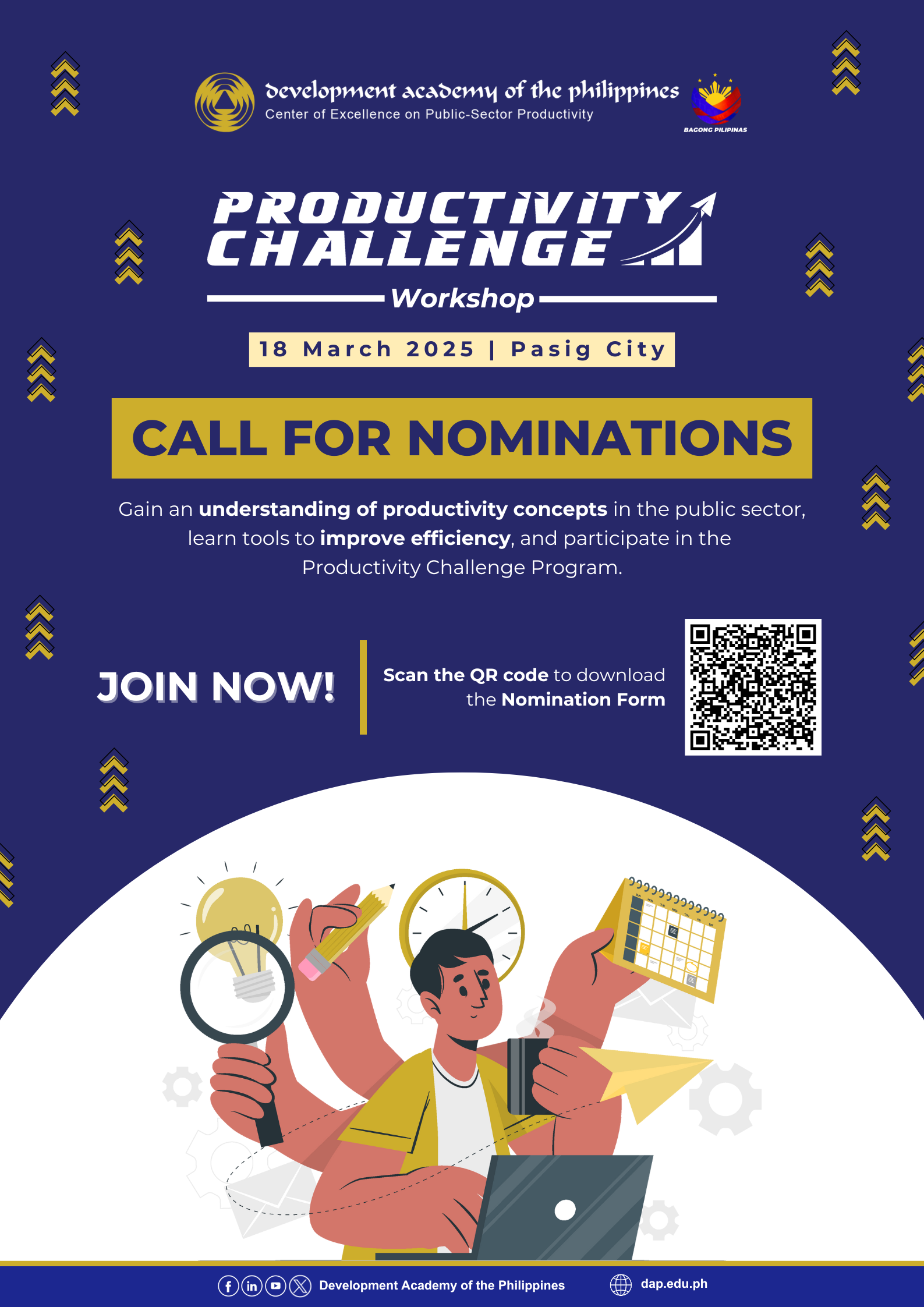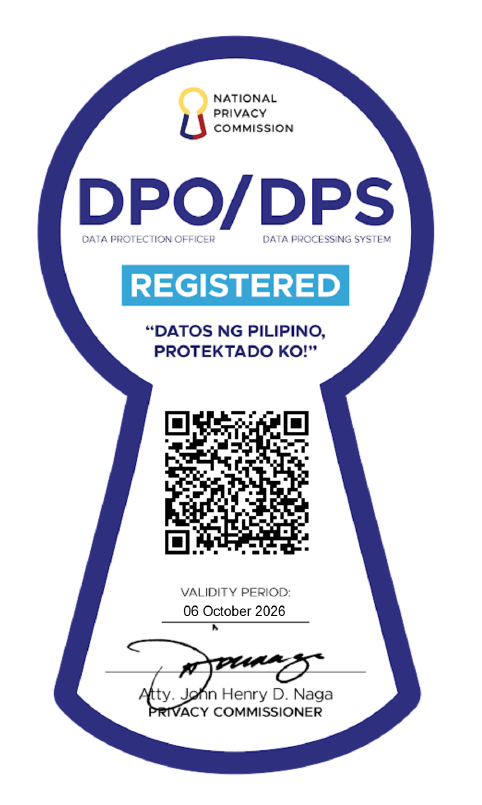The Development Academy of the Philippines (DAP), through the 2025 Capability Building on Innovative Leadership for Legislative Staff (CBILLS) Program, held a course on Turning Data to Insights: Understanding Research Tools and Techniques for Policy Development (RTTPD) from May 19 to May 23, 2025 at the First Pacific Leadership Academy in Antipolo City.
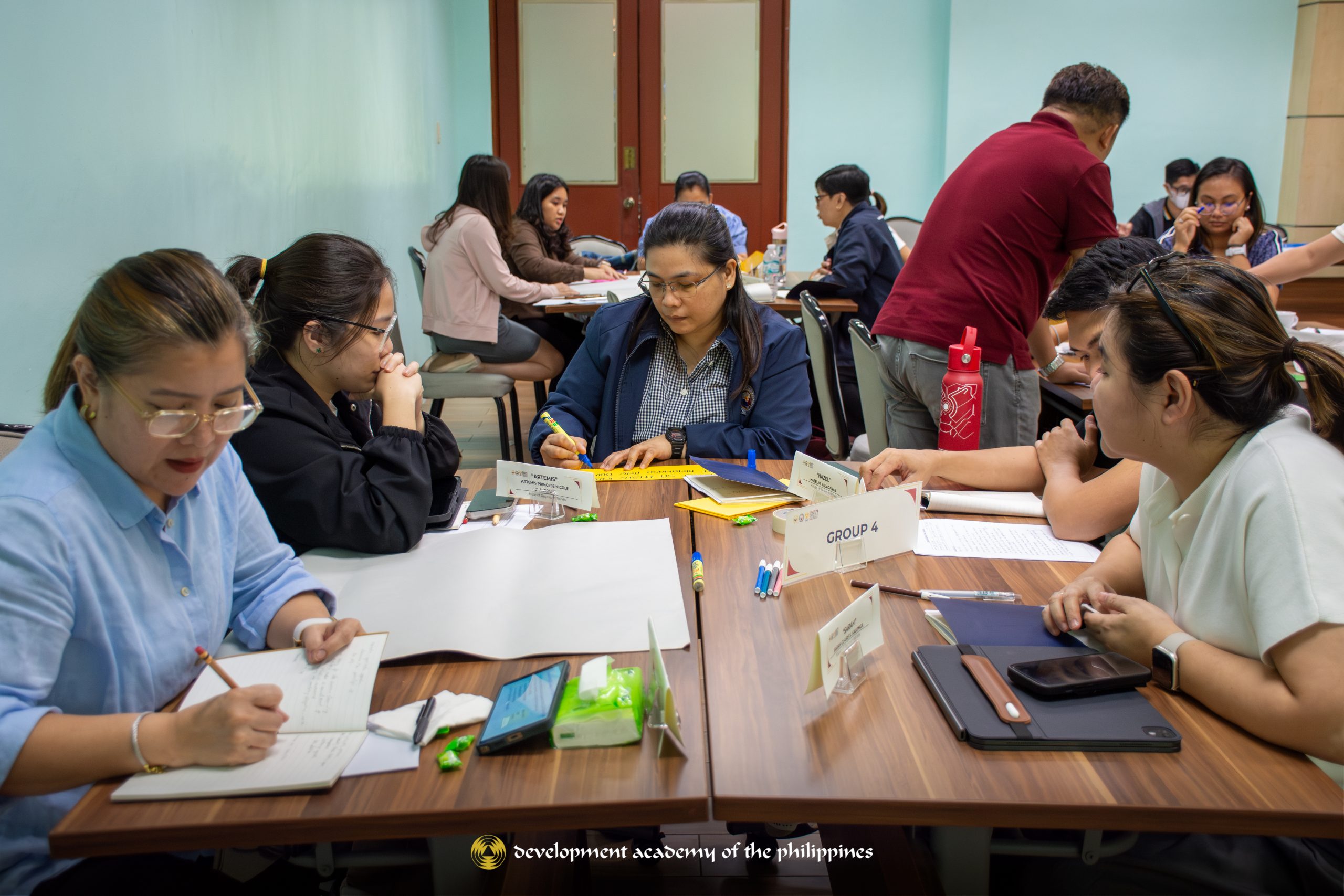 Scholars from the House of Representatives share their insights on framing the policy problem.
Scholars from the House of Representatives share their insights on framing the policy problem.
The course served as the initial offering under this year’s Legislative Training Course (LTC) for Appropriations and Finance-Emerging Leaders Track. It emphasized the role of research in evidence-based policymaking, particularly in the context of national budgeting. The course aimed to build appreciation for the use of data, tools, methods, and emerging technologies to support more effective legislation and oversight.
As part of the course, the City Government of Pasig hosted a sensing session for 22 CBILLS scholars, providing a platform to discuss how data and research are applied in local budget processes. The city government, lauded for its sound financial management and recognized with the Seal of Good Local Governance from the Department of Finance – Bureau of Local Government Finance, shared its best practices and highlighted the importance of gathering grassroots-level data to inform financial decisions. The session concluded with a forum on national legislation, which broadened the scholars’ perspectives and informed their final research outputs for the course
To deepen the learning from this field engagement, Sheena Mateo, Project Officer of the DAP Policy Research Office, facilitated a reflection session to synthesize the key insights and strengthen the scholars’ research and analytical approaches in support of their legislative functions.
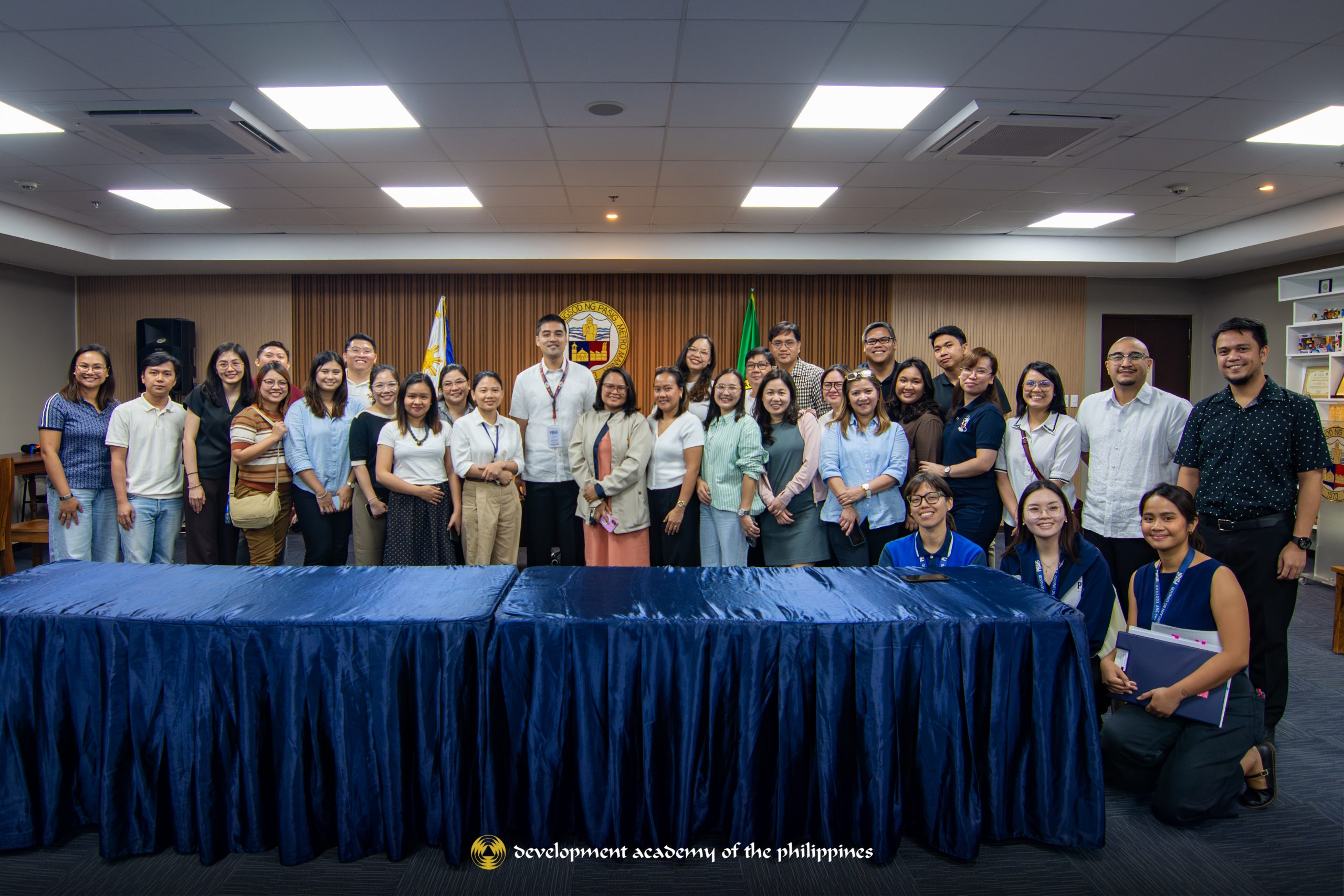 AFEL scholars with Pasig LGU after the sensing session
AFEL scholars with Pasig LGU after the sensing session
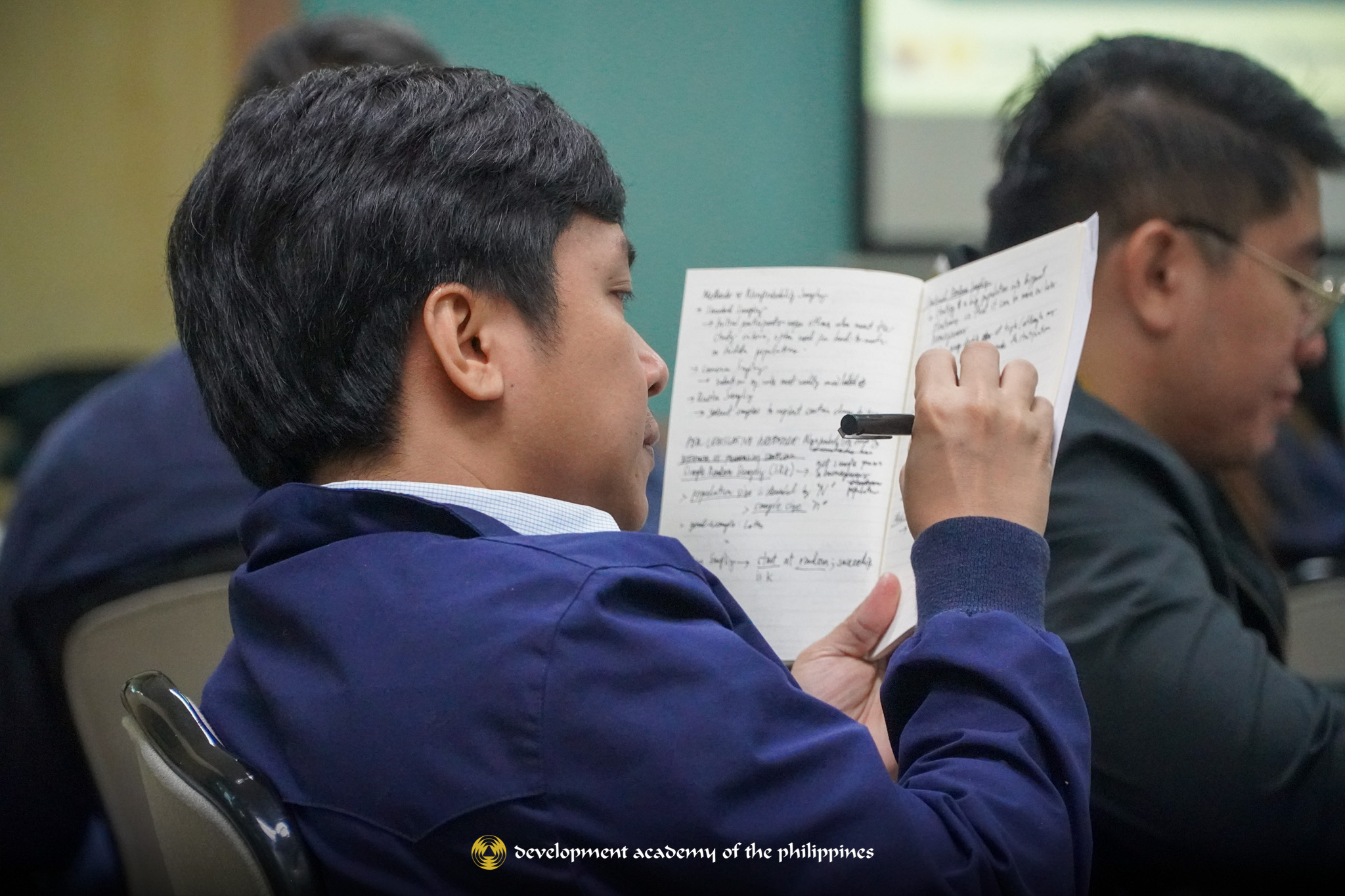 James Leocadio from the Senate of the Philippines during the session on quantitative research methodologies.
James Leocadio from the Senate of the Philippines during the session on quantitative research methodologies.
Throughout the five-day course, participants explored the fundamentals of public sector research and evidence-based policymaking within the framework of Congressional budget planning. Dr. Romulo Miral, Jr., Deputy Secretary General of the House of Representatives-Congressional Policy and Research Budget Research Department underscored the role of legislative staff in evidence-based policymaking and the importance of research in performing their Congressional duties.
Dr. Josefina Almeda, Executive Director at the Philippine Statistical Research Institute, along with DAP Project Officers, Sheena Mateo and Mardy Gonzales, led the sessions on research methodologies, equipping participants with the knowledge to select appropriate research methods. This was followed by a session from Jude Teves, Lead Data Scientist and AI Engineer at the Asian Development Bank, who emphasized the importance of effective communication of results. He also introduced data analytics and visualization techniques, showing how they can be used to ensure that policy insights lead to actionable outcomes.
Scholars also engaged in workshops, where they developed research plans incorporating the concepts, strategies, and tools covered in the sessions. These plans were presented before a panel composed of Dr. Almeda and Ms. Gonzales, who provided feedback on the research plan’s feasibility and practical application.
The course concluded with a discussion on ethical standards in research. Integrity, transparency, and accountability were identified as core principles to guide scholars in conducting socially responsible and ethical research. – Ziona Gilia S. Castro



